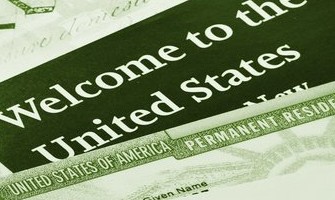Jim Allen is our latest Featured Speaker
Jim Allen is our latest Featured Speaker!
Jim is a retired Assistant County Attorney for Miami Dade County and has been sharing his experience with our attendees since 2014, when he first spoke at our Circuit Court Boot Camp in Ft. Lauderdale. Since then, Jim has been a frequent speakers at many of our litigation programs. Most recently, he spoke at Mastering the Deposition and Brief Writing in Ft. Lauderdale. Next year, Jim will join us again for our 5th Annual Circuit Court Boot Camp in Ft. Lauderdale.
In addition to providing excellent tips and litigation strategies, Jim always provides thorough handouts and additional materials that attendees rave about.
Jim Allen
Former Assistant County Attorney, Miami-Dade County
Jim was Chief of Training and Development, while continuing to maintain a full caseload in state personal injury and federal civil rights actions.
As a litigator, Jim has practiced extensively in federal and state court at both trial and appellate levels. He has litigated and tried numerous cases involving serious wrongful death and civil rights allegations, including a taking action claiming in excess of 100 million dollars in damages. Jim has also handled numerous state and federal appeals, including a case filed in the U.S. Supreme Court.
After law school, Jim clerked for the Honorable James R. Jorgenson, Florida Third District Court of Appeals. Jim is a graduate of the University of Wisconsin, J.D., Cum Laude, 1980.


